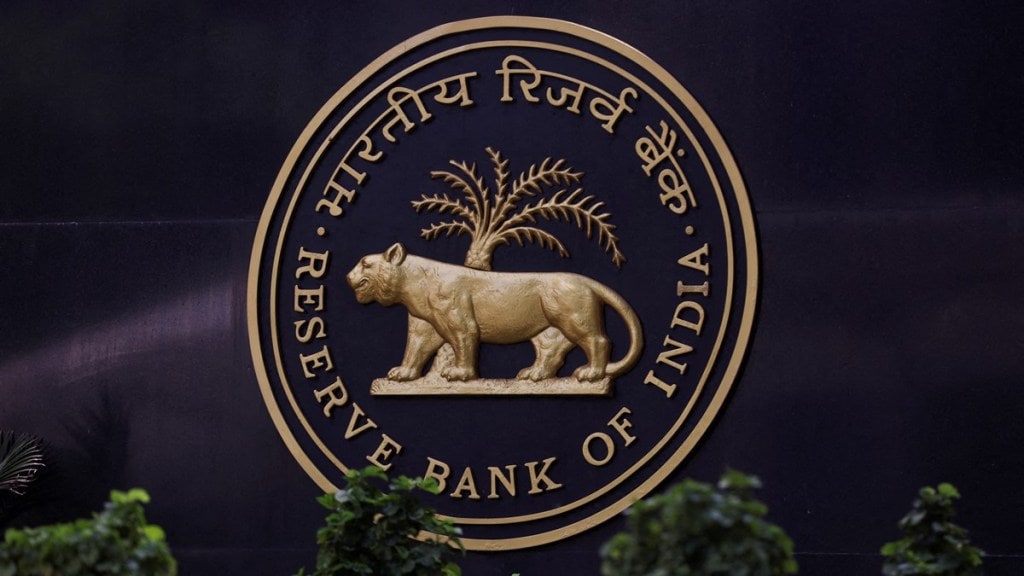On the heels of the Centre discouraging off-budget funding of projects by the states, a Reserve Bank of India Working Group on state government guarantees has recommended a slew of measures including a ceiling on their annual incremental guarantees, charging minimum fees and disclosing such liabilities upfront.
The working group comprising members from the Ministry of Finance, Comptroller and Auditor General of India and some state governments has recommended that state governments might consider fixing a ceiling for incremental guarantees issued during a year at 5% of revenue receipts or 0.5% of Gross State Domestic Product, whichever was less.
“State Governments may consider charging a minimum guarantee fee for guarantees extended and additional risk premium may be charged based on the risk category and the tenor of the underlying loan,” it said.
The purpose for which Government guarantees are issued should be clearly defined and those data may be published as per the Indian Government Accounting Standard (IGAS), it said.
Prescribing norms, the RBI Working Group said the state government might not extend a guarantee for more than 80% of the project loan, depending on the conditions imposed by the lender. Guarantees once approved, should not be transferred to any other agency without the prior approval of the Finance Department.
State governments might be guided by the guidelines issued by the Centre while formulating their own guarantee policy. Guarantees might be given only for the principal amount and normal interest component of the underlying loan and these guarantees should not be extended for external commercial borrowings.
Moreover, government guarantees should not be provided to private sector companies/ institutions and appropriate pre-conditions may be specified by the Government while giving the guarantees, it added.
The Centre had cut around Rs 41,000 crore from the states’ net borrowing ceiling for FY23 for resorting to off-balance sheet loans in FY22. The decision is part of a tightening of norms to discourage fiscal indiscipline by states, many of which resort to debt through parastatal bodies to fund government schemes.
Punjab, which splurges on subsidies such as free electricity, saw its debt-GSDP remain at the highest among all major states at 47% in FY23 and is estimated to be 47.6% in FY24 as against the all-India average of 27.6%. The prudential level of debt-GSDP for a state is 20% as estimated by an expert panel headed by NK Singh. So, non-disclosure of a high guarantee level understates a state’s debt-GSDP.

